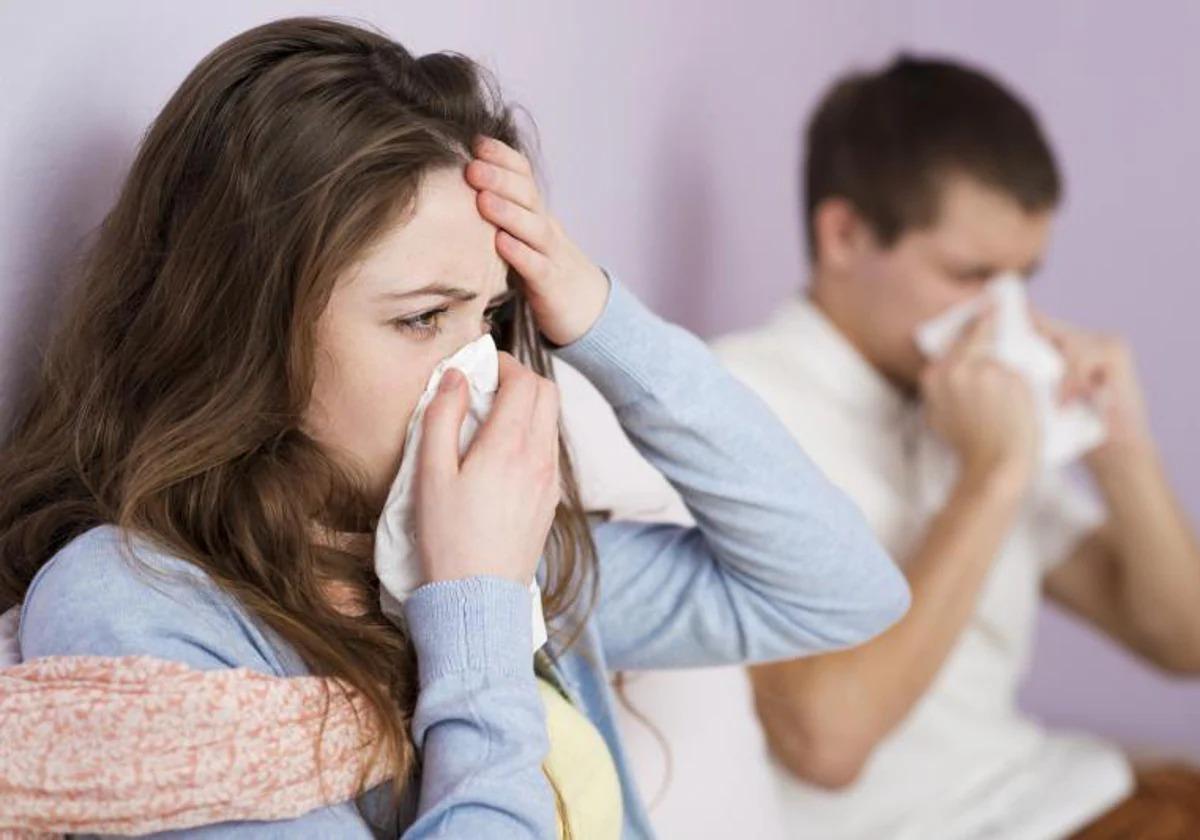

Sections
Highlight

In just one month, the incidence of Covid in Spain has quadrupled. While the rise in infections is not resulting in a large number of hospital admissions, the fact is that positive cases are on the rise and sales of antigen tests in pharmacies have skyrocketed.
According to pharmacists, many people who purchase the tests do so as a precaution, mainly because they have allergy symptoms, which resemble those of Covid, and want to rule out the virus.
While symptoms of flu and Covid can be very similar, with an allergy episode the differences are more noticeable.
Behind this new spike in Covid infections is BA.2.86, better known as 'pirola', a sub-variant of omicron, the lineage that has led to the most new infections since its emergence in December 2021.
Like other variants of omicron, the most common symptoms are: fever, muscle aches, tiredness, cough, sore throat, nasal congestion, sneezing, headache, shortness of breath and, to a lesser extent, loss of smell.
Meanwhile, in the case of allergies, whether to pollen or other aeroallergens, such as dust mites, fungi from humidity and animal skin or hair, the most common symptoms are: allergic rhinitis (sneezing, runny nose, itching and stuffiness), allergic conjunctivitis (tearing, reddening of the conjunctiva and itchy eyes), while in some people, it can also lead to asthma, with a dry cough (especially at night ), wheezing, and difficulty breathing.
Therefore, unlike Covid, the most significant signs of allergy are itching in the eyes and nose, with sneezing and usually clear and very fluid mucus, and if it progresses to asthma, it presents with dry cough and wheezing. However, fever and muscle aches are not symptoms, while allergies will rarely cause headaches or a sore throat.
Spain's Ministry of Health has once again sought to raise public awareness of the precautions to be taken in view of the increase in the number of infections, especially to protect the most vulnerable people.
It recommends covering your nose and mouth when coughing or sneezing; using tissues to contain respiratory droplets or secretions and, after use, disposing of them in the nearest rubbish bin; and washing hands regularly with soap and water or hydroalcoholic gel, especially after contact with respiratory secretions.
If infection is suspected, the Ministry of Health advises the use of a face mask and avoidance of social interaction.
Publicidad
Publicidad
Publicidad
Publicidad
Esta funcionalidad es exclusiva para registrados.
Reporta un error en esta noticia

Debido a un error no hemos podido dar de alta tu suscripción.
Por favor, ponte en contacto con Atención al Cliente.

¡Bienvenido a SURINENGLISH!

Tu suscripción con Google se ha realizado correctamente, pero ya tenías otra suscripción activa en SURINENGLISH.
Déjanos tus datos y nos pondremos en contacto contigo para analizar tu caso

¡Tu suscripción con Google se ha realizado correctamente!
La compra se ha asociado al siguiente email
Comentar es una ventaja exclusiva para registrados
¿Ya eres registrado?
Inicia sesiónNecesitas ser suscriptor para poder votar.